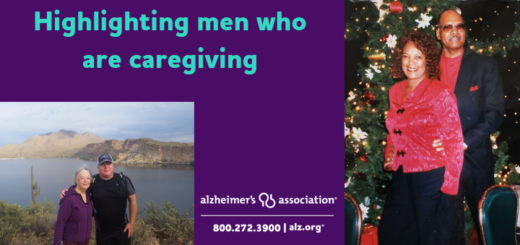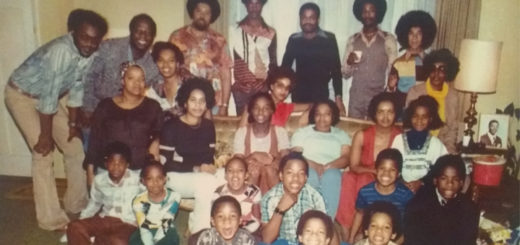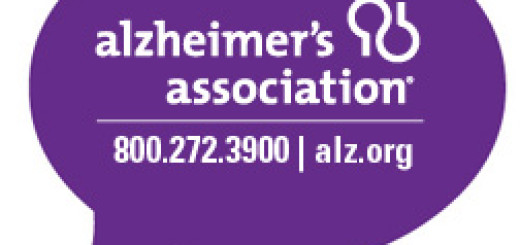Funded researcher Dr. Oanh Meyer
We are fortunate to have many talented researchers and Alzheimer’s Association grant recipients in our chapter. Recently we spoke with Dr. Oanh Meyer, Assistant Adjunct Professor with the UC Davis Alzheimer’s Disease Center, whose research focuses on caregivers of those living with Alzheimer’s and other dementias.
Looking at caregivers’ experience
Dr. Meyer recently received her second grant from the Alzheimer’s Association. She will study how caregiving for people living with dementia or mild cognitive impairment (MCI) affects caregivers and care recipients from a variety of ethnic groups.
Her plan is to study both the stressors and the positive experiences of caregiving to see how that changes over a two-year period. She’ll also be looking at how stress impacts not only the caregiver but also the person they are caring for.
Learning how to tailor interventions
Over 16.1 million Americans provide unpaid care for those living with Alzheimer’s or other dementias. Participants in this study are white, black/African-American and Hispanic/Latino individuals who go to the Alzheimer’s Disease Center clinic at the University of California, Davis.
The goal of Dr. Meyer’s research is to develop interventions tailored to a specific group based on what causes them the most stress. It will factor in their past experiences with caregiving as well as any adversity they may have grown up with.
Importance of a diverse study population
The more diverse the participants are, the better the science behind the research will be. Dr. Meyers encourages all people to take part in research so that their experiences will be included.
Hope for the future
Dr. Meyer believes that both caregiver stress and care recipient outcomes could vary depending on ethnicity, social and cultural factors, and disease stage. If successful, this study could lead to the development of more targeted interventions to improve the overall effectiveness of dementia caregiving and to reduce the emotional, physical and financial costs of that care.
Positive aspects of caregiving
Caregiving can be stressful, but Dr. Meyer notes that it can also be a positive experience. The more time you spend with a person, even someone you’ve known for years, the more opportunities you’ll have to get to know them better. There will be moments that make you laugh or bring you joy.
Interested in learning more about being part of a research study related to Alzheimer’s? Sign up today at alz.org/trialmatch.
Learn more:

















